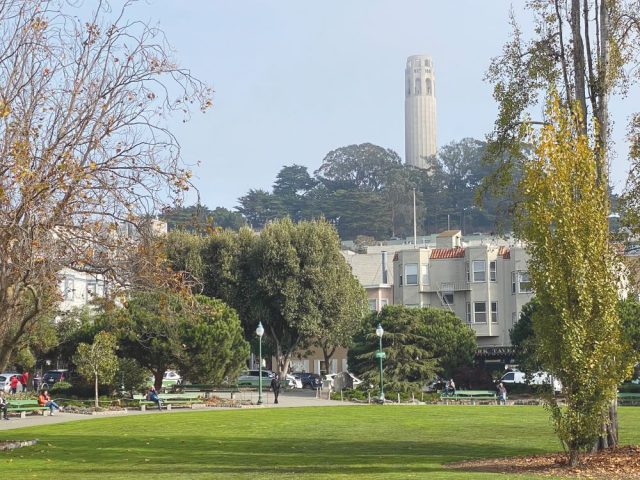Traditionally residential real estate sales slow down over the winter months, and the market doesn’t really come to life until well after the Super Bowl. This year, the rebound in sales might take a little longer.
Economists and real estate experts seem to agree that things won’t really heat up again until midyear, when mortgage rates are likely to be reduced even further. Until then, inventory will remain low, and most buyers will stay on the sidelines.
ACTION
That’s not to say that deals aren’t taking place.
“December we had a little uptick from the rest of the year. Some homes that hadn’t been selling went into contract,” said David Cohen, founder of City Real Estate. “Open house traffic in January was really strong. There were good amounts of interested buyers showing up — including new buyers, which is always good to see.”
Still, Cohen cautioned that it’s too early in the year to jump to any conclusions.
Most housing economists say the Federal Reserve’s goal of taming inflation has proven to be successful. That could mean interest rate cuts by mid-2024, according to the San Francisco Business Times. Most economists believe that mortgage rates will fall to between 6.3 percent and 6.8 percent for the year.
However, mortgage rates are only a part of the home-buying equation. Other factors present other challenges.
Cohen points out that it’s an election year, and that can be problematic because it creates so much uncertainty. People are reluctant to make significant life decisions — like buying or selling a home — in such times. They want to see what happens first.
The presidential election takes place in November. At the same time San Franciscans will be voting for the mayor, for six supervisors, and for other positions and ballot measures. That’s almost an entire year of uncertainty.
Another big challenge? Home insurance.
“Insurance companies are getting out of California,” said Cohen. “Farmers and State Farm are not insuring, and there’s no one company that buyers can go to for insurance.
“It’s become so difficult that our contracts now include a standard 15-day insurance contingency — if insurance can’t be obtained for the property, then buyers are released from the contract.”
Obtaining insurance is now a struggle under the best of circumstances, and if the house has knob-and-tube wiring, a brick foundation, or an old roof, it’s virtually impossible. With this in mind, agents are encouraging sellers to upgrade and repair their houses in advance of putting their homes on the market.
Knob-and-tube wiring is typically found in homes built from about 1880 to the 1940s, and that includes a lot of San Francisco properties.
In regard to agent fees, Cohen believes it will be three or four years before changes are made to commission structures in San Francisco and California. He argues that in San Francisco, agents earn their fees because every house is different. It’s not like a planned development elsewhere in the country where buyers choose house A, B, C, or D — and one plot is indistinguishable from another. Cohen thinks people in San Francisco understand the value of agents.
All this said, it’s important to remember that San Francisco has more renters than homeowners. Sixty-five percent of San Franciscans rent their homes. That’s a percentage that rivals New York City, and is well above 34 percent — the percentage of people who rent across the nation as a whole.
MOVEMENT
It’s no wonder that residents left San Francisco and California when remote work became possible. They tended to relocate to places where homes were more affordable.
However, according to a recent San Francisco Business Times report, people are now being called back to the office and need to return. Consequently, rents in the Bay Area are beginning to climb. Not so much in San Francisco, but perhaps it’s just a matter of time.
What’s the takeaway?
“In spite of all the challenges, the city feels good to me,” said Cohen. “The pendulum seems to be swinging in a more positive direction, and I think we may even be headed toward a new golden age. The people who wanted to leave the city have left. And the people who remain are in it for the long run, because they know how great San Francisco can be.”
Comments: [email protected]





